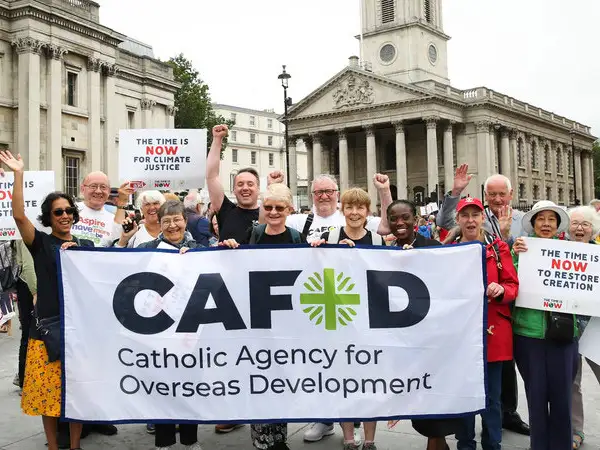
Executive summary
Due to the ongoing nature of the coronavirus (COVID-19) pandemic and the shockingly low vaccination rates in many countries in the global south, the UK should immediately donate £5 billion to global initiatives supporting the global vaccine roll out to reduce the chances of new variants appearing.
This briefing shows that if there is sufficient political will then the Chancellor has room for manoeuvre to make this donation. This is because the UK’s reserves have just received a £19 billion boost of new Special Drawing Rights (SDRs) which the International Monetary Fund (IMF) created in August 2021 to tackle COVID-19. The UK is planning to lend 4 billion SDRs via the IMF to facilitate low interest loans through the IMF’s Poverty Reduction and Growth Trust and a new Resilience and Sustainability Trust. Our proposal for donations complements this plan.
There is guidance in place about how the UK uses its reserves. In this unprecedented pandemic, if the Government chose to do so, it could sell £5 billion worth of foreign currency reserves to make donations to global initiatives to increase access to vaccines. This briefing shows how this would be consistent with UK legislation and the Chancellor’s fiscal rules on borrowing and debt.
While selling some foreign currency reserves would weaken the policy readiness of the reserves (because SDRs are not as flexible as foreign currency) the UK would still have higher reserves overall than it did prior to the IMF SDR allocation. And crucially, investing a relatively small amount now would increase the chances of the Government being able to meet its fiscal rules in 2024-2025 because increasing vaccination rates would likely contribute to avoiding significant costs associated with the impact of future COVID-19 variants.
These donations could unlock similar actions by other G7 and G20 countries to also leverage their SDRs to make donations to significantly speed up global vaccination rates. If other G7 countries matched the UK’s £5 billion donation this could generate significant funds to plug funding gaps – which would also contribute to making progress on their own vaccine commitments.
Of course, funding is not the only issue in access to vaccines. Covering these funding shortfalls will have a much larger impact if it is complemented by concrete progress on technology transfer, intellectual property waivers and investing in healthcare systems to safely maximise production so that any nation can produce or buy sufficient and affordable doses of vaccines, treatments and tests. The UK should also pressure pharmaceutical companies to participate in the COVID-19 Technology Access Pool (C-TAP).
CAFOD policy and advocacy
CAFOD's policy team provides briefings, reports and research on our advocacy and lobbying work, plus materials to support our campaigns.
Find out more about campaigning on social justice issues with CAFOD.



